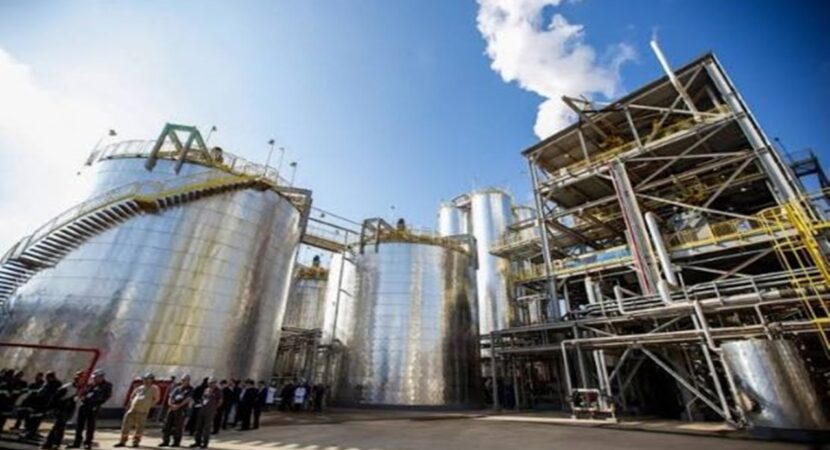
Brazil will have a dilemma with electric cars in 2030. What to do with so much ethanol since the country is the world's largest producer of this biofuel?
Brazil, the world's leading ethanol producer, is poised to flood the global sugar market because the country's transition to electric vehicles will reduce demand for agricultural-based biofuels, according to a study led by Soren Jensen, an influential industry executive, in together with Mariana Perina Jirousek.
Read also
- Chinese State Grid, one of the world's largest power transmission companies, is hiring for many mid-level, technical and higher-level positions
- New historical record in the supply of regasified LNG in the country is reached by the largest oil company in Brazil
- Demand for diesel, gasoline and ethanol increases even as fuel prices soar in Brazil
- There is a lack of manpower to fill more than 400 job openings in the technology area in Brazil and professionals in the area are “snared” by the market, which took R$ 167 billion in losses due to personnel shortages
- Record harvest in Brazilian agribusiness and growth in the agricultural machinery market in 2021, boosts the collection and re-refining of used and contaminated lubricating oil
Demand for ethanol in Brazil will likely start to decline in 2030 as electric vehicles become popular, said Soren Jensen, who was once chief operating officer at the world's largest sugar trader, Alvean, and led the study along with Mariana Perina Jirousek. The situation will leave mills in Brazil — the world's largest exporter of sugar — with no option but to produce more sugar instead of ethanol.
The arrival of electric cars in the country represents a setback for companies such as Brazil's largest ethanol producer, Raízen Energia
The arrival of electric cars in the country represents a setback for the world sugar market. The negative effects of global product surpluses and lower prices will be felt in places like Thailand and India, where the cost of production is higher. It is also a setback for companies like Brazil's biggest ethanol producer, Raízen Energia and BP, which recently expanded production capacity for the biofuel.
“It is clear that adapting to new technologies will pose a significant threat to Brazil's sugarcane processing sector,” said Jensen, who has worked in agribusiness for three decades. “Industry players should start to take this into account when making investment decisions gradually from now on.”
According to the most pessimistic scenario outlined by the study, the demand for ethanol, which in some years corresponds to more than 50% of all sugarcane crushed in Brazil, may start to decline from 2025 and retreat by around 40% by 2035 From 2035 to 2040, there would be an additional 20% loss, leaving demand at just 40% of its current level.
Brazilian mills have the possibility to quickly switch production from sugar to biofuel
Brazilian mills have the possibility to quickly switch production from sugar to ethanol, reacting to fluctuations in the international sugar market. In times of surplus, mills make more ethanol, in many cases eliminating the global sugar surplus. The adoption of electric vehicles means that Brazil will lose the ability to balance the sugar market, hurting other producing countries that already face falling demand as health concerns push people to cut back on sugar consumption.
According to Jensen, over the past 15 years, this flexibility has absorbed shocks in periods of excess sugar supply. However, without that possibility, prices will be more volatile, added the executive.
According to the study, the severity of the impact of the adoption of electric cars will depend on the speed of change. In the worst case scenario, the authors consider that hybrid cars plug-in (charged in the electric current) will prevail in the panorama of electric vehicles in Brazil due to the advance of private transport applications.

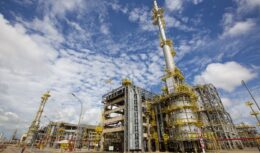

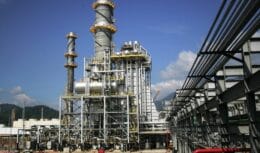
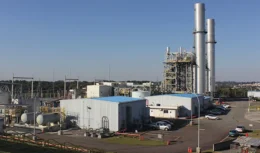


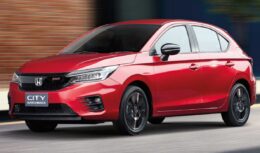




Air Force F-16 fighters…
True friend, what they shot down were…
Air Force F-16 fighters…
I would like to know what planet you live on…
Air Force F-16 fighters…
Everything is fine, 100-year secrecy,…
Air Force F-16 fighters…
Well... It's flying scrap... Typical...
Air Force F-16 fighters…
Which genocide are you talking about? Than…
I'm a bricklayer with vacancies in my area
Where is the place to register? No…
Wonderful project, it helps a lot of people.
I have a corolla xei 22/23 with 60…
I work in construction!
I want to write myself
I have a degree in the area of Property security,…
I am an occupational safety technician and…